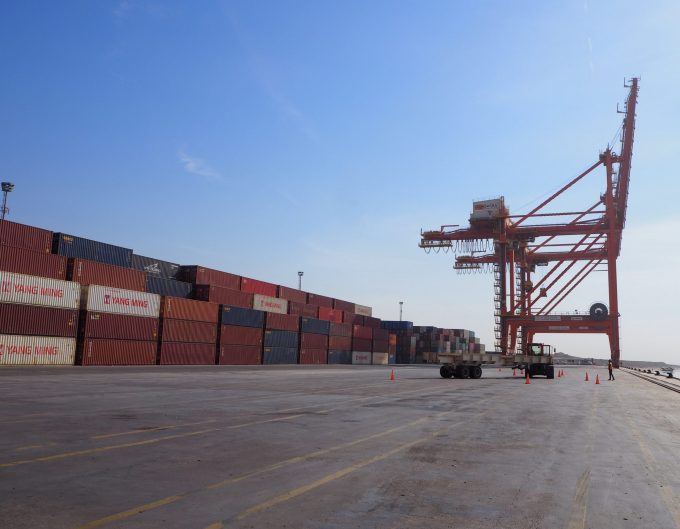APM Terminals – a little gem hiding in plain sight
A ‘blankety blank’ cheque book and pen…

Iraq’s notorious reputation and ongoing security issues did not deter ICTSI from investing in the war-torn country: the result, The Loadstar discovers, is a high-efficiency container terminal built to European standards.
Post-Islamic State (ISIS), Iraq is still struggling to rebuild war-scarred infrastructure, control bouts of civil ...

Comment on this article